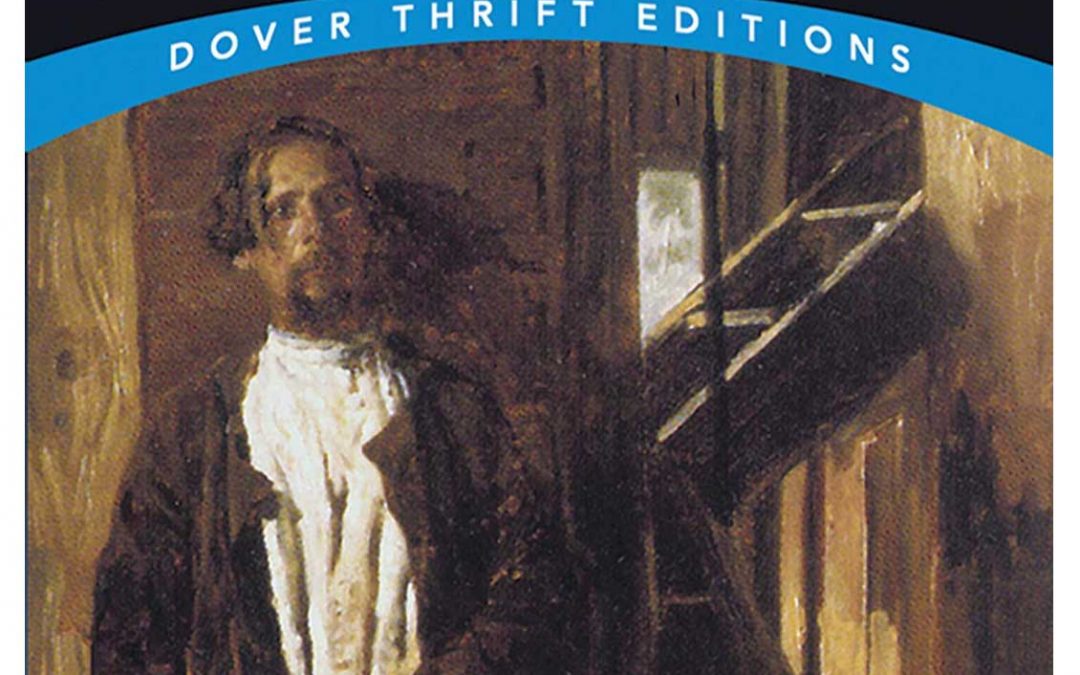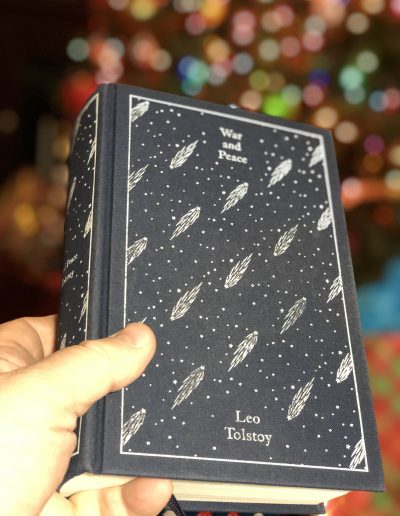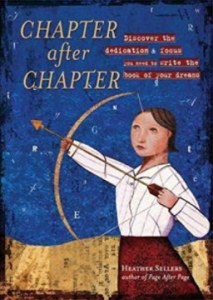The Nightingale by Kristin Hanna is in the top tier of books I’ve ever read.
Kristin Hannah’s The Nightingale is one of the best books I have ever read. On Goodreads, it scores 4.55 out of 5. There are few books out there with a cumulative score that high.
I read The Nightingale having recently read Hannah’s latest bestseller, The Great Alone. A book I reviewed and said there were several issues I had with it.
This was not the case with The Nightingale; The Nightingale is the better of the two books. There almost is no comparison.
Set in World War II France, the story involves two sisters who are at odds with each other following the death of their mother and subsequent abandonment of their father. As France is invaded by the Germans, the older sister, Vianne, remains home with their daughter, Sophie, and is compelled to billet German officers. The younger sister, Isabelle, goes from the country home to Paris to join their father, who is said to be working for the German high command. This disgusts the younger daughter who has decided she is going to resist the offensive Germans. The story then evolves into an account of what each of the three do to resist the foreign invaders in their own ways.
Quotes from the Book
In love we find out who we want to be; in war we find out who we are. pg 1
Generally, Madame, the failure of a student to learn is the failure of the teacher to teach. pg 21
Because of them I know now what matters, and it is not what I have lost. It is my memories. Wounds heal. Love lasts. We remain. pg 438
This was not a book I spent a lot of time underlining for great phrases or prophetic insights. But the writing is excellent and the story compelling.
Modern v. Old Frame
This story uses a modern-day frame to leap back into the old. Right up until the end, Hannah seeks to make it unclear who the narrator of the story is–which of the two sisters. She also begins the story in Oregon, in 1995, and then retreats to August 1939. This works. It helps make it so she can hide the identity of the narrator until the end, and then pull the survivors out of the past into the present. And she does it quite well.
Paris
I have never been to Paris, perhaps one day. But what I found the most troubling in my mind was the chronological timeline. What I mean to say is that I have been reading a lot about Ernest Hemingway, Gertrude Stein, F. Scott Fitzgerald, and the others of the Lost Generation and their time in Paris–all BEFORE World War II, in the 1920s and early 1930s. I have that imagery well planted in the visual descriptions of my mind. Given all that, it is hard then to supplant those thoughts with what happens in this book, what happened in real life, to Paris, with the invasion of the Nazis.
Reading The Nightingale truly played tricks with my mind, as in, how could this possibly have happened?!
I think that is the magic and power of reading. Reading history, even if it is fiction.
This makes me all the more understanding of what life must have been like for Parisians when the German tanks came rolling in. And then when the Germans began rounding up non-French-born Jews and sending them off.
The way I have done my reading, a totally random act, reading the Hemingway and Fitzgerald stories and accounts of 1920s Paris and then contrasting that with a book like The Nightingale really created a stark amplification for me personally. I am not sure I would have received the same impact had I read The Nightingale first.
Conclusion
I encourage you to read this wonderful book. The writing is excellent.
The drama and story are superb and realistic.
There weren’t any moments when I jumped out of the story and said to myself, “Come on….”
I was under Ms. Hannah’s spell from page one until it ended.
And several days after having read it, I still am and probably will be for a long time to come.






0 Comments